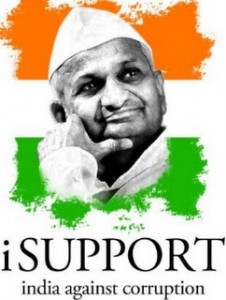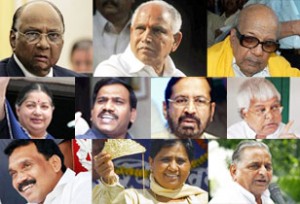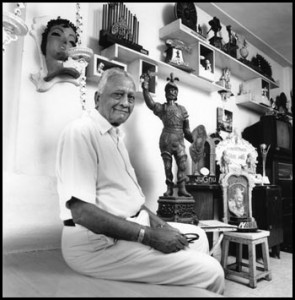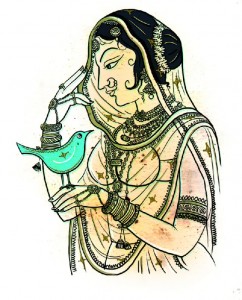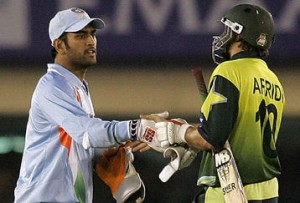Early last morn, had a very unlikely guest dropping by for a visit. With sinewy, blotched arms (full 8 of them) and a rather bloated head with large oblong eyes. For a moment, I was shocked, dismayed and scared, and almost decided to wake up. But then, the fella put his arm around my shoulder in a rather reassuring way, telling me that he came in goodwill. After a little hi-hello, he introduced himself in an awkward brit-germanic accent, stating that he was Paulie. ”

Paul the Octopus,” I exclaimed. “Prefer it just Paul,” he stated, “the overemphasis on the octopus part is basically meant to sensationalise my predictions. I am, or rather, was just like any other guy round the corner with some ESP”. I nodded my head in appreciation, it was a sleepy nod though.
‘s upcoming film and my to-be magazine launch, he came to the exact topic. “I have come here to reveal you the winners of the next matches” Obviously, he didn’t quite li
ke my reticence,so repeated himself again. This time, knowing what he expected, I kinda exclaimed, “yeah, yeah, go on”.
“Would you like, a tank of water with flag-cards, so you can settle on them and reveal the winners.” “Dude, first up, I am not what I was, so we can easily skip all that part. Anyways, that was all for the cameras, the guy at the zoo, use to keep my fav mussel on one of the flags and I used to settle down on one of them for a nibble. I could have easily shared my choice on an iPad, I would have preferred it more,” he said, glaring at me. “Anyways with you, since, we already are having a conversation, it would be easier to tell you right”. Yet, again I nodded, even sleepier.
After a few moments of silence, in which he possibly expected me to beg and implore, which I did not obviously. “Well, so here’s my prediction my boy, between Italy & Germany, it is the Italians, who will win again” “What? Italians? Germans are better off,” I retorted in shock. “No, I tell you boy,” he was condescending again, “those deutsche guys choke when it comes to deliver, so they will lose.” “I hope it ain’t personal, after all, did not a German restauranter offered to offer you up in a plate, when you last predicted their loss.” Continue reading


